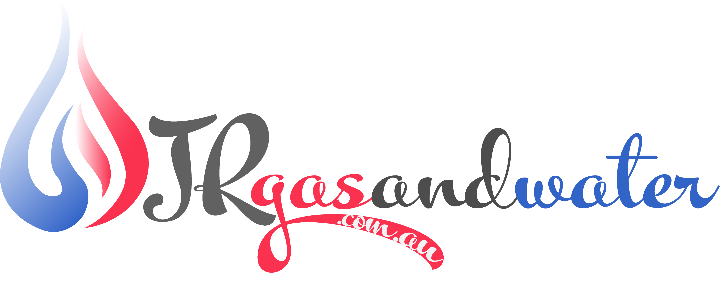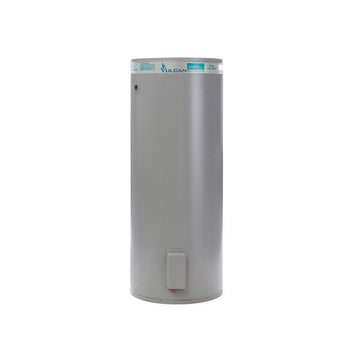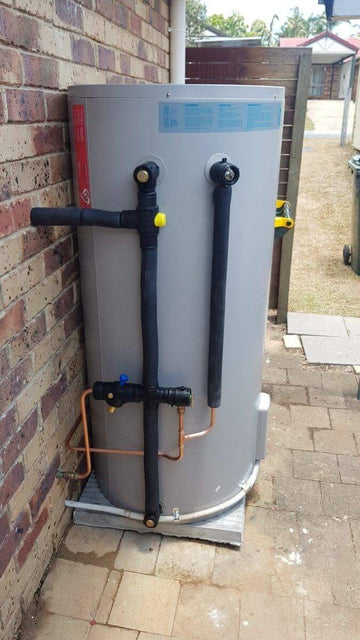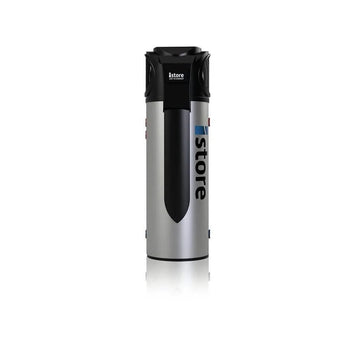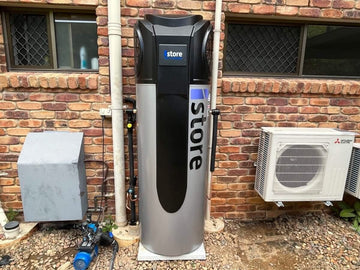Best Twin Element Hot Water Systems: Ranked & Reviewed
Introduction
Choosing the right twin element hot water system ensures a constant supply of hot water for busy households. These systems utilize dual heating elements to heat water efficiently, making them an energy-efficient and cost-effective solution. In this guide, we compare top-rated brands and rank them based on performance, efficiency, and value to help you make an informed decision.
Top Twin Element Hot Water Systems Ranked
🥇 1st Place: Rheem Stellar Twin Element – Best Overall Performance & Efficiency
🥈 2nd Place: Standard Rheem Twin Element – Reliable & Cost-Effective
🥉 3rd Place: Rinnai Twin Element – High Efficiency but Slightly Pricier
🏅 4th Place: Dux Twin Element – Decent Performance but Weak After-Sales Support
1st Place: Rheem Stellar Twin Element – Best Overall
💰 Price: Competitive pricing for high-end performance
📏 Capacity: Available in 250L, 315L, and 400L models
⚡ Energy Efficiency: Market-leading insulation and heat retention
✅ Warranty: Extended warranty for peace of mind
Pros:
✔ Fast heating speed – minimizes wait times for hot water
✔ Excellent insulation – reduces heat loss and lowers running costs
✔ Durable build – corrosion-resistant materials
Cons:
❌ Slightly higher upfront cost, but long-term savings make up for it
🏆 Why it Wins: The Rheem Stellar Twin Element stands out due to its superior insulation, fast recovery rate, and durability. It's ideal for families who want an energy-efficient and low-maintenance hot water system.
⭐ Rating:
✅ Efficiency: 5/5
✅ Performance: 5/5
✅ Value for Money: 4.5/5
2nd Place: Rheem Standard Twin Element – Reliable & Cost-Effective
💰 Price: More affordable than the Stellar version
📏 Capacity: 250L, 315L, and 400L options
⚡ Energy Savings: Great efficiency, but slightly behind Stellar
Pros:
✔ Great performance at a lower price
✔ Long-lasting construction
✔ Widely available & easy to service
Cons:
❌ Not as well-insulated as the Stellar model
🏅 Why it's Second: The Rheem Standard Twin Element is a budget-friendly option with solid performance and excellent reliability. It’s a great choice for homeowners looking for a dependable water heater at a lower price point.
⭐ Rating:
✅ Efficiency: 4.5/5
✅ Performance: 4.5/5
✅ Value for Money: 5/5
3rd Place: Rinnai Twin Element – High Efficiency but Slightly Pricier
💰 Price: Mid-to-premium range
📏 Capacity: 250L and 315L options
⚡ Energy Savings: Great efficiency but premium pricing
Pros:
✔ High-efficiency rating – good for long-term savings
✔ Modern technology & premium build quality
✔ Strong brand reputation
Cons:
❌ More expensive than Rheem Standard
🏅 Why it's Third: Rinnai Twin Element offers excellent efficiency and premium build quality, but its higher price point makes it less attractive for budget-conscious buyers.
⭐ Rating:
✅ Efficiency: 4.5/5
✅ Performance: 4/5
✅ Value for Money: 3.5/5
4th Place: Dux Twin Element – Decent Performance but Poor After-Sales Support
💰 Price: Similar to Rheem Standard
📏 Capacity: 250L, 315L, 400L options
⚡ Energy Savings: Good, but not the best in class
Pros:
✔ Decent efficiency and performance
✔ Competitive pricing
✔ Widely available
Cons:
❌ Weak after-sales support – customer complaints about service delays
❌ Build quality slightly lower than competitors
🏅 Why it's Fourth: While Dux Twin Element offers good performance, its customer service issues and inconsistent build quality place it below competitors.
⭐ Rating:
✅ Efficiency: 4/5
✅ Performance: 3.5/5
✅ Value for Money: 3.5/5
Key Considerations When Choosing a Twin Element Hot Water System
🔹 Energy Efficiency
-
Look for systems with high insulation to reduce energy waste.
-
Twin element models help cut running costs by operating in off-peak hours.
🔹 Household Size & Capacity
-
1-3 people: 80-125L
-
3-5 people: 125-250L
-
5+ people: 250-400L
🔹 Installation & Running Costs
-
Choose a system compatible with off-peak electricity.
-
Opt for a brand with reliable service & warranty.
Final Verdict: The Best Twin Element Hot Water System
🏆 Best Overall: Rheem Stellar Twin Element (Superior efficiency & durability)
💲 Best Budget Option: Rheem Standard Twin Element (Reliable & affordable)
♻ Most Efficient: Rinnai Twin Element (Great energy savings)
⚠ Least Recommended: Dux Twin Element (Decent unit but weak support)
For expert installation of twin element hot water systems, trust JR Gas & Water – your award-winning local hot water specialists! 🚿🔥
